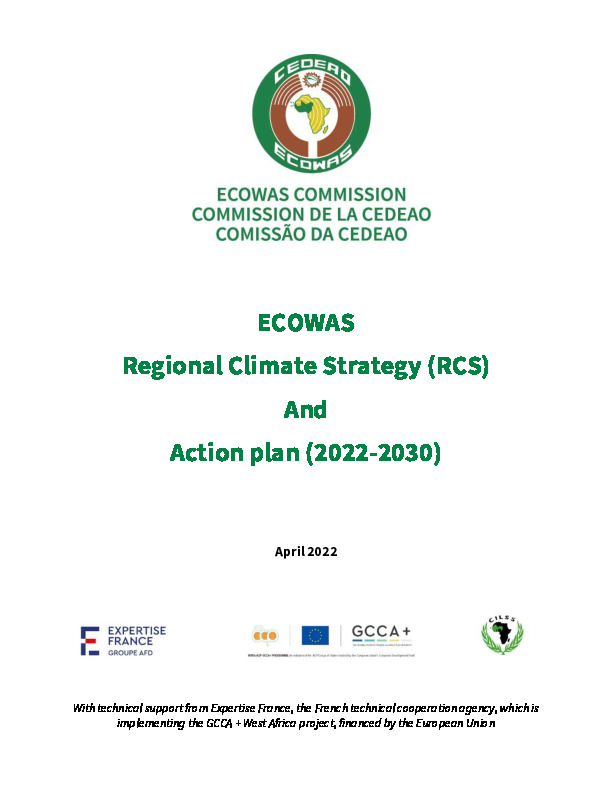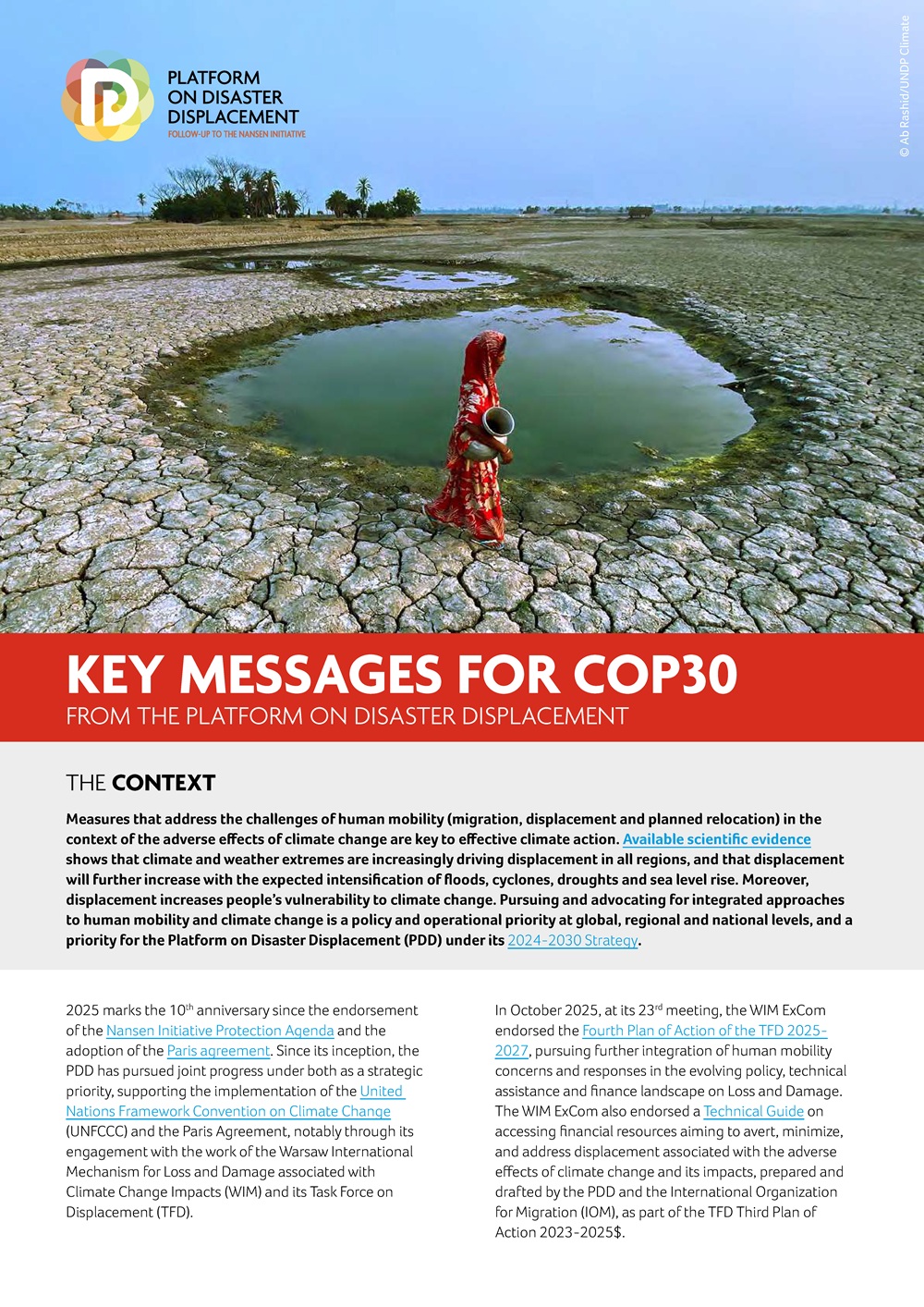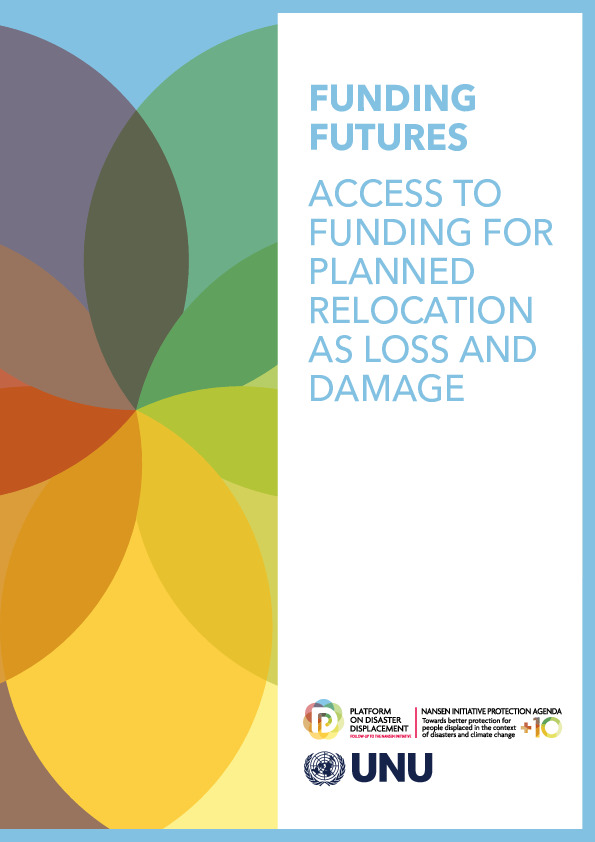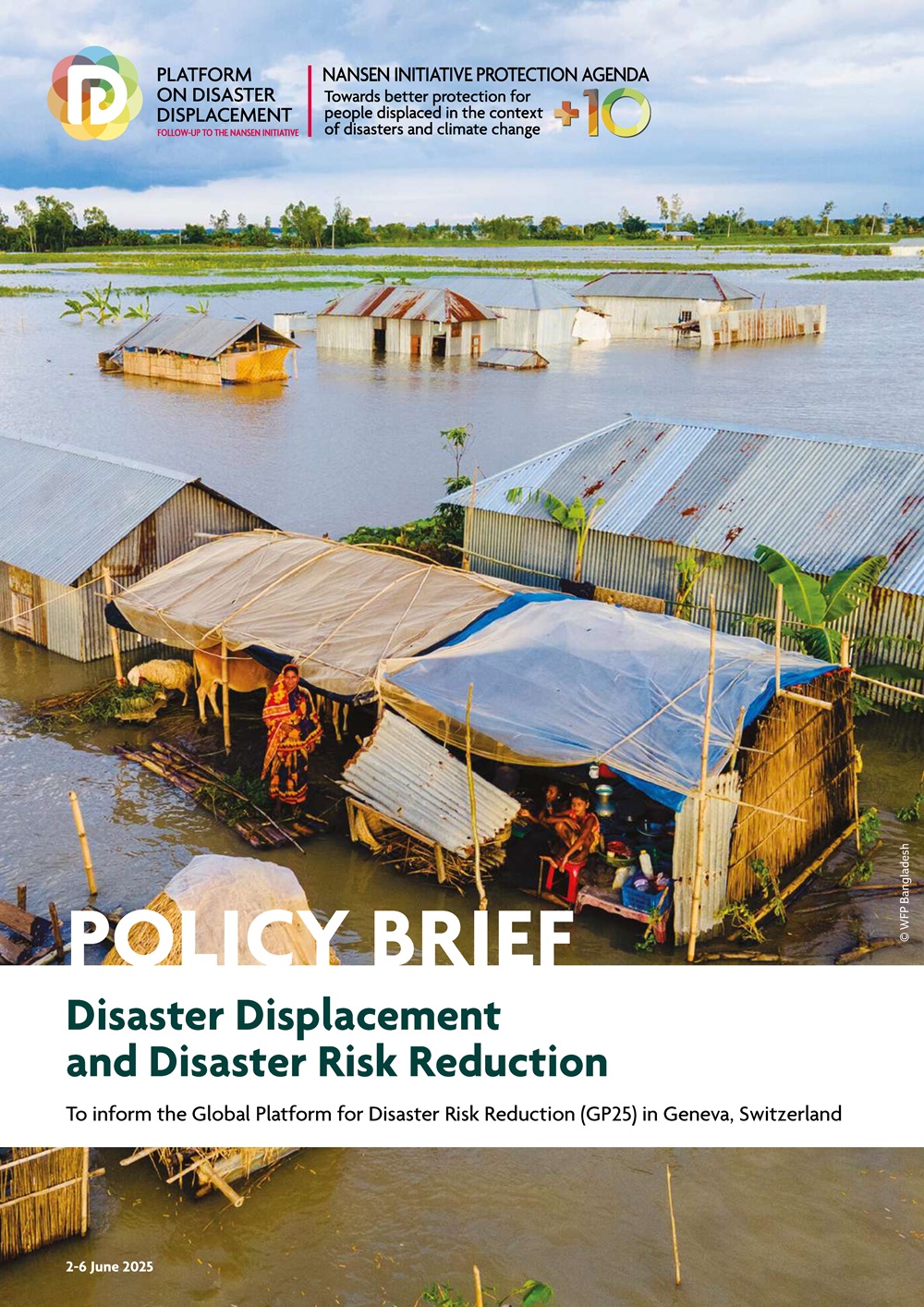Regional Climate Strategy and Action Plan
ECOWAS
This Economic Community of West African States (ECOWAS) regional climate strategy was adopted at the Ordinary Session of the Conference of the Heads of State and Governments of the ECOWAS, held on 29 April 2022, in Accra, Ghana. On the one hand, it is the result of a long consultation process with the institutions, departments and specialist agencies of ECOWAS, Member States (MS) and specialist regional institutions, and on the other hand, it is the culmination of several years of intervention and action by ECOWAS in the fight against climate change.
Currently representing just 1.8% of world greenhouse gas (GHG) emissions, ECOWAS countries’ contribution to global warming is minimal. However, the African continent is at the centre of the climate change challenges of this first half of the 21st century. According to the most alarming scenarios, West Africa will experience, by 2060, a temperature increase of +2.3 °C, or a warming of +0.6 °C per decade. Precipitation will be more erratic and will lead to an increase in the frequency and intensity of the extreme weather conditions already being experienced in our region: floods, increased variability of rainfall, coastal and soil erosion in river basins, extremely long pockets of drought among other corollaries, with dramatic human and economic consequences for all economic sectors and for the most vulnerable sections of the population, particularly, women, young people and the elderly.
Faced with the seriousness of the impacts to come, “Acting Together”, within the framework of regional solidarity, is an absolute necessity to allow the region to reduce its vulnerability and to face, collectively, the risks induced by climate change, which, by definition, know no borders. Thus, ECOWAS, building on its past experience of implementing the strategic programme for reducing vulnerability and adapting to climate change, financed by Sweden, is strengthening its framework of action by systematizing the integration and consideration of the impacts of climate change in the defining of its actions and directives.





